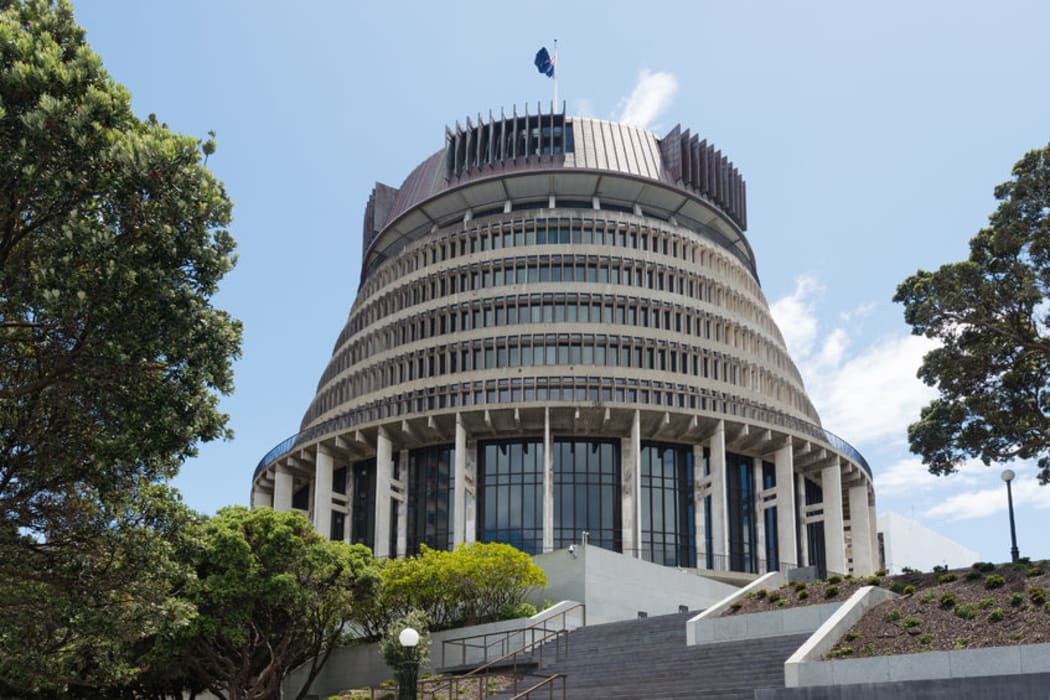Public servants feel less able to speak freely in an increasingly politicised Beehive, new research says.

The Beehive, Wellington. Photo: ventura69/123RF
Workers were asked to comment on the public services' capacity to discharge constitutional responsibilities and provide governments with frank and comprehensive advice.
Researchers asked staff in the Beehive to comment on working as public servants and advisers to the ministers.
Professor of politics Richard Shaw told Nine to Noon the team found a marked increase in concern about political advisers intervening in relationships between senior officials and their ministers between this year and 2005, when the survey was first conducted.
"Our general impression is a marked increase in concern being expressed by senior public servants about the extent to which governments are increasingly unwilling to take free and frank advice.
"The other thing that is coming through reasonably strongly is a growing concern about the extent to which ministerial advisers are intervening either in the relationships between senior officials and their ministers or in the content of advice which officials are seeking to get through into ministers' offices."
Research this year received comments from 640 respondents - and just under half were senior officials.
In New Zealand, public servants are bound to provide politically neutral advice and information while advisers can give policy-specific advice.
Mr Shaw said the State Services Commission previously described "free and frank" as an essential part of constitutional government. There were legal changes during the early part of the 20th century and this marked the genesis of the idea public servants would advise ministers to the best of their professional capacity, rather than partisan considerations.
"Most of your advisers are public servants, but they're temporary public servants, they're formerly employed by the Department of Internal Affairs but they're appointed by a minister or a prime minister and they're responsible to that political agent or principal.
"So if a minister's tenure ends, if there's a significant Cabinet reshuffle and portfolios are shifted around or a government changes after an election then the tenure of that political adviser may well come to an end.
"The critical difference is that political advisers are not bound by obligations to provide advice which is politically neutral. Those obligations are incumbent upon public servants ... but political advisers are appointed precisely to give a partisan perspective on policy."
Constitutional relationships between ministers and public servants were clear and it was the obligation of a public servant to advise a minister to the best of their professional capacity and if there were attempts to alter the basis of that advice then there was a significant constitutional issue, Mr Shaw said.
The survey showed changes in workers' experiences between 2005 and 2017.

